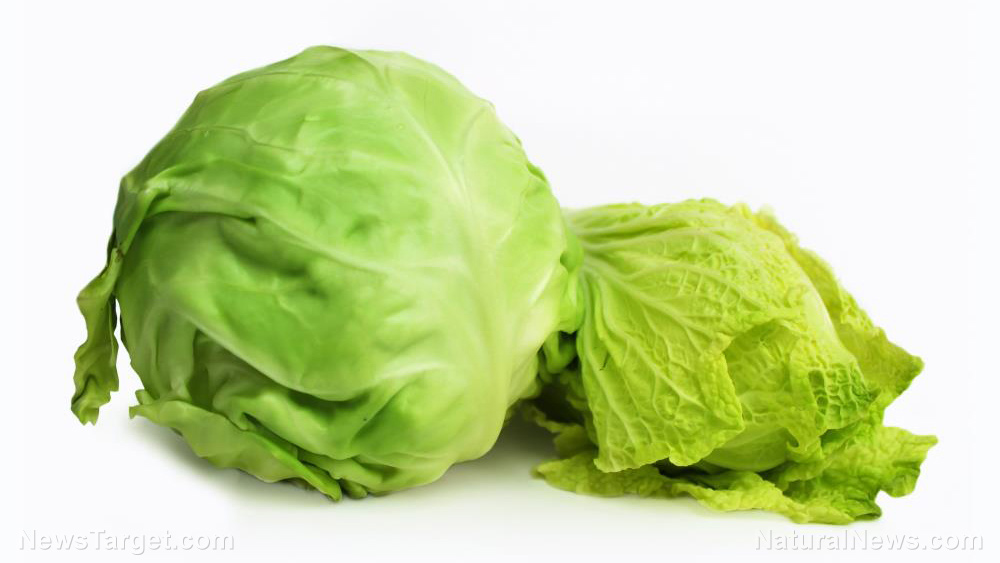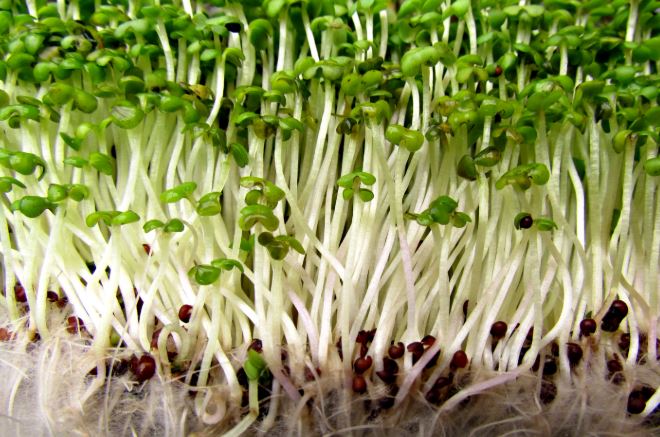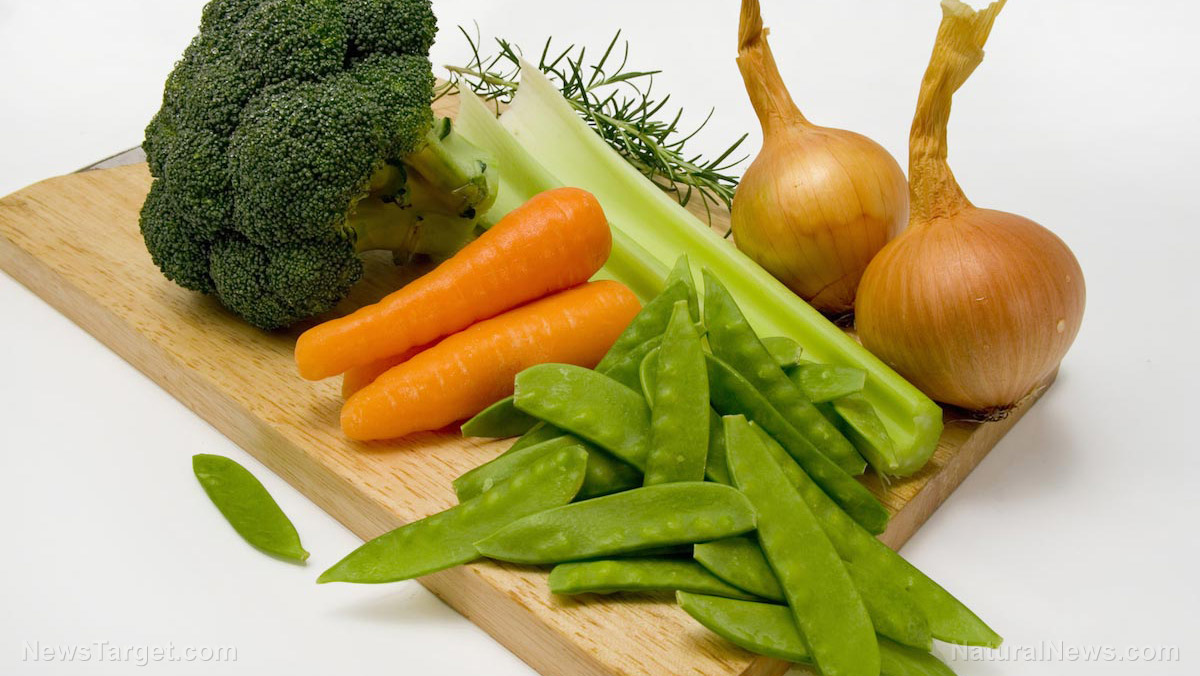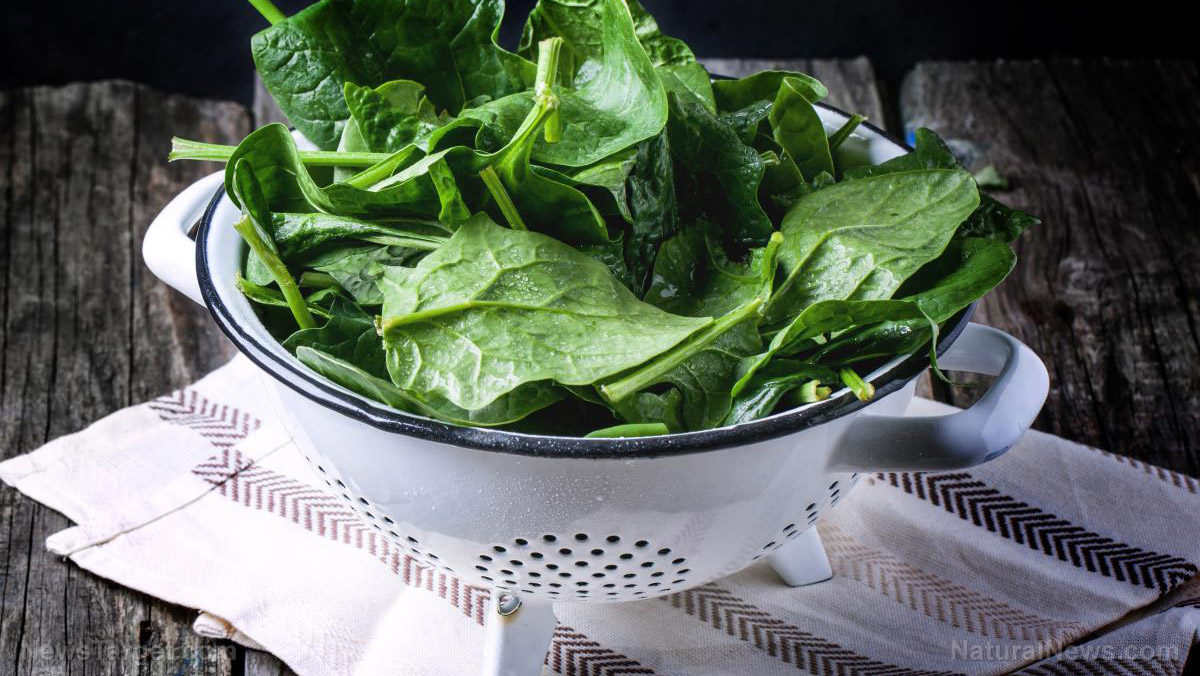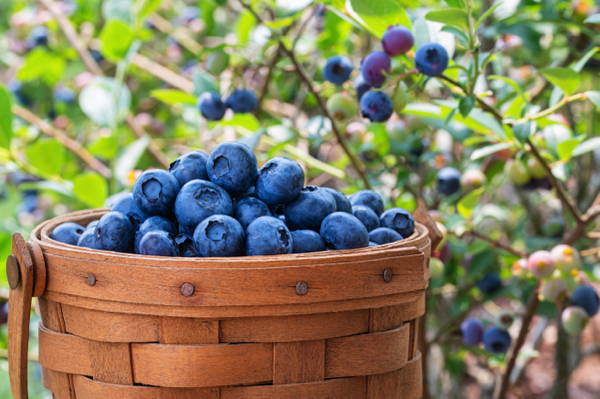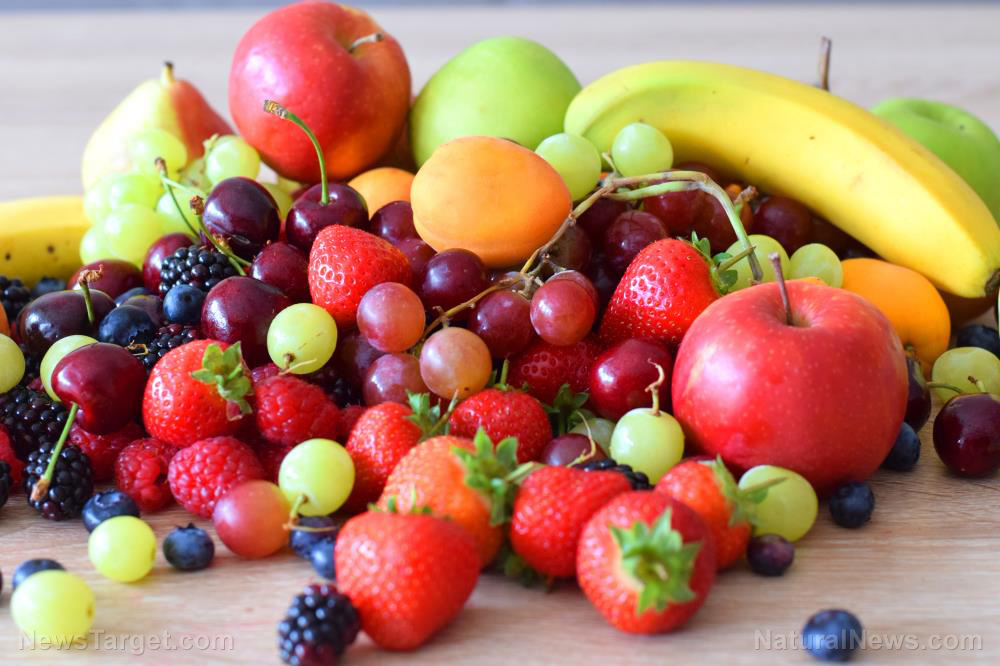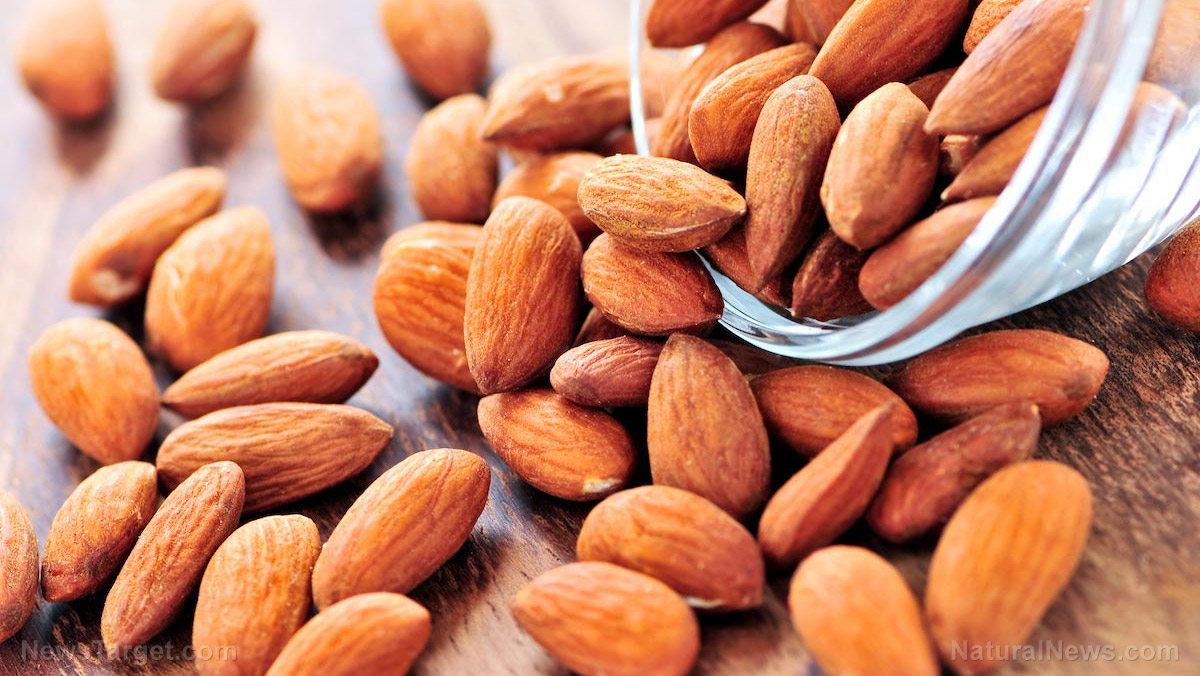Zucchini: A nutrient-dense superfood gracing modern cuisine
06/30/2025 / By Laura Harris

- Though often treated as a vegetable, zucchini is technically a fruit that originated in Central and South America. The modern variety was developed in Italy in the late 19th century and became popular globally.
- Zucchini is low in calories and high in water, vitamins (A, C), minerals (potassium, magnesium), antioxidants and fiber, making it a nutrient-dense food.
- It supports immunity, digestion and heart health, aids in hydration and detoxification, and serves as a low-carb alternative in dishes like zucchini noodles (zoodles) and zucchini fries.
- Zucchini is generally safe but may contain pesticide residues. Choosing organic or thoroughly washing conventional zucchini reduces this risk. Zucchini is not typically high in heavy metals.
- Zucchini is highly adaptable – used raw in salads, grilled, spiralized into noodles or baked into breads – making it a staple in health-conscious and creative cooking.
Zucchini (Cucurbita pepo), often mistaken for a vegetable, is botanically a fruit and is one of the most versatile and nutrient-dense ingredients in modern cuisine. With its mild flavor, high water content and impressive nutritional profile, zucchini has earned its place as a staple in health-conscious kitchens worldwide. Whether spiralized into noodles, grilled, sautéed or blended into smoothies, this summer squash offers a wealth of benefits.
Zucchini is a type of summer squash that belongs to the gourd family alongside cucumbers, melons and pumpkins. Though it is now a global culinary favorite, zucchini has humble origins in Central and South America, where indigenous peoples have cultivated squash varieties for thousands of years.
The modern zucchini was developed in Italy in the late 19th century. Italian growers selectively bred squash to produce a tender, fast-growing variety with a mild taste and thin skin – perfect for quick cooking. From there, zucchini spread across Europe and eventually made its way to North America in the early 20th century.
Today, zucchini has become a kitchen staple, celebrated for its adaptability in both raw and cooked dishes.
Zucchini is a low-calorie food packed with essential vitamins, minerals and antioxidants. A 124-gram serving of raw zucchini provides 4 grams (g) of carbohydrates (1 g fiber); 1.5 g of protein; less than 1 g of fat; vitamins A and C; minerals like manganese, potassium, magnesium; and antioxidants like polyphenols, lutein and zeaxanthin.
Health benefits of zucchini
Zucchini is a nutrient-packed vegetable that boasts high amounts of water, fiber and essential vitamins. It also provides a wide range of health benefits, making it a great addition to any diet. (Related: Everything you need to know about zucchini (as well as a few healthy recipes).)
Here are some of zucchini’s outstanding benefits:
- Supports immunity – Rich in vitamin C, zucchini helps strengthen the immune system by enhancing white blood cell function and fighting infections. Additionally, its antioxidant properties help reduce inflammation, protecting the body from chronic diseases.
- Aids digestion – The fiber in zucchini promotes good gut health by supporting healthy digestion and preventing constipation. Its mild, easily digestible nature makes it gentle on the stomach while maintaining bowel regularity.
- Supports heart health – Zucchini contains potassium, which helps regulate blood pressure and reduces strain on the cardiovascular system. The soluble fiber, pectin, also aids in lowering bad cholesterol levels, reducing the risk of heart disease.
- Low-carb alternative – For those following keto or low-carb diets, zucchini noodles (zoodles) are an excellent pasta substitute. They provide a satisfying texture while keeping meals light and nutrient-dense.
- Supports hydration and detoxification – Zucchini is 90 percent water and can help with hydration. It also supports kidney function by helping flush out toxins. Its natural diuretic properties aid in cleansing the body and reducing bloating.
Why choose organic
Zucchini is generally regarded as a nutritious and safe for consumption. However, like many conventionally grown produce, it may carry pesticide residues. While zucchini does not rank among the Environmental Working Group’s (EWG) “Dirty Dozen” – the most pesticide-contaminated produce – it can still contain traces of concerning chemicals, such as neonicotinoids (linked to bee decline), organophosphates (neurotoxic pesticides) and fungicides (used to prevent mold).
Opting for organic zucchini can reduce exposure to these synthetic chemicals. If organic options are unavailable, thorough washing or soaking in a baking soda solution may help remove surface residues.
Regarding heavy metals, zucchini is not considered a high-risk crop for contamination, unlike root vegetables such as carrots or potatoes. However, soil quality plays a role – home gardeners concerned about lead or cadmium should test their soil before planting. Overall, zucchini remains a safe choice, especially when proper precautions are taken.
This story is not medical advice and is not intended to treat or cure any disease. Always consult with a qualified naturopathic physician for personalized advice about your specific health situation or concern.
Explore more about superfoods and other natural ingredients at NaturalNews.com, your trusted source for wellness insights and nutritional knowledge.
For a cutting-edge tool to expand your understanding of natural health, try Brighteon.ai, an innovative AI model created by Mike Adams, the Health Ranger. This free, downloadable tool is designed to decentralize knowledge, bypass censorship, and empower individuals with actionable information.
If you’re passionate about nutrition, natural medicine, and uncensored discussions, visit Brighteon.com, a free speech video platform, and join our vibrant communities on Brighteon.IO and Brighteon.social. Dive into open conversations about food, ingredients and holistic health today!
Watch this video to learn more health benefits of zucchini.
This video is from the Natural Cures channel on Brighteon.com.
More related stories:
Eat more zucchini: 10 health benefits offered by this nutrient-rich vegetable.
Cucumber vs. zucchini – they’re both deceptively similar, but offer unique health benefits.
5 Uncommon but nutritious vegetables you should add to your diet.
Sources include:
Submit a correction >>
Tagged Under:
food cures, food is medicine, food science, Fresh, fruits, functional food, grocery cures, health science, ingredients, nutrients, nutrition, organics, tips, veggie, Zucchini
This article may contain statements that reflect the opinion of the author
RECENT NEWS & ARTICLES
GroceryCures.com is a fact-based public education website published by Grocery Cures Features, LLC.
All content copyright © 2018 by Grocery Cures Features, LLC.
Contact Us with Tips or Corrections
All trademarks, registered trademarks and servicemarks mentioned on this site are the property of their respective owners.




